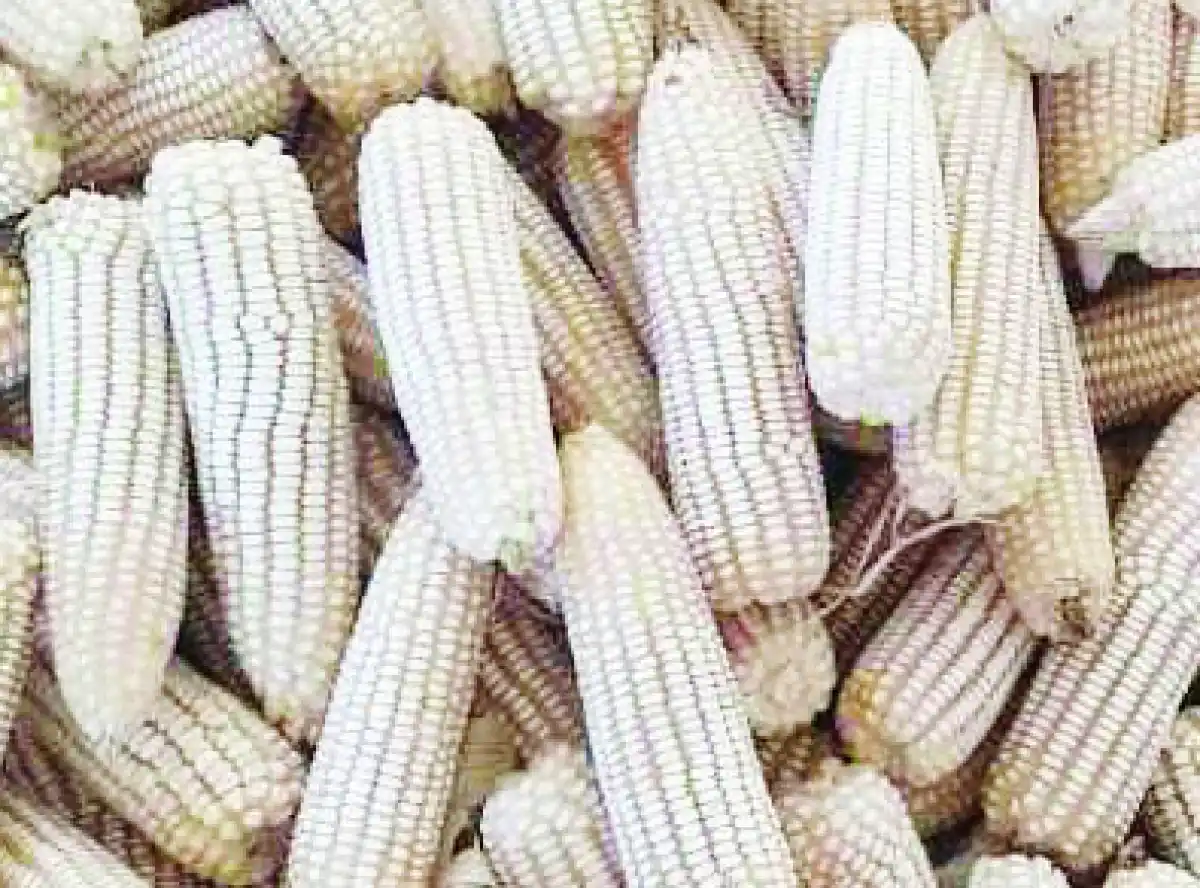
Malawi’s development partners and economic think-tanks have provided different projections for Malawi’s inflation outlook in 2025.
The forecast is ranging from 15.3 percent to 28.3 percent. But there are concerns over election-related spending and food prices.
A Monthly Economic Report published by local investment advisory firm, Bridgepath Capital Limited, notes that the projections culminate in a median inflation outlook of 22.3 percent for 2025.
This shows improvement from 2024’s expected levels, which are above 30 percent. However, it suggests that Malawi’s battle against high inflation is far from over.
For example, the report indicates that the Economist Intelligence Unit (EIU) projects inflation to average 28.3 percent in 2025, citing concerns over continued deficit financing ahead of the country’s general elections.
However, Oxford Economics predicts that price increases will ease to 17.3 percent in 2025, pointing to base effects as the main driver of the anticipated decline.
The firm expects inflation to begin moderating from December 2024.
Breton Woods institutions such as the International Monetary Fund (IMF) and the World Bank project that inflation will average 15.3 percent, and 27.3 percent in 2025, respectively.
Both institutions attribute their projected improvements to expected declines in food prices.
“The inflation forecasts for the year have been attributed to deficit financing, particularly purchasing government securities by RBM, a weak exchange rate, and elevated food prices,” the report reads.
A statement of the Monetary Policy Committee (MPC) published last week by RBM indicates that headline inflation is expected to decline significantly in 2025, largely on account of a supportive monetary policy stance, anticipated better climatic conditions and favourable base effects.
It further indicates that growth in money supply poses a key risk to this outlook.
UK-based Malawian economist Velli Nyirongo said Malawi’s inflation rate in 2025 is likely to fall within the moderate range of approximately 23 to 27 percent.
He said the estimate balances the pressures of election-related spending with a potential easing in food prices, as highlighted by multiple institutions, and tightening monetary policy starting to show effects.
“The upcoming elections in Malawi are expected to lead to increased government spending, which may intensify inflation through deficit financing and higher money supply,” Nyirongo said.








0 Comments